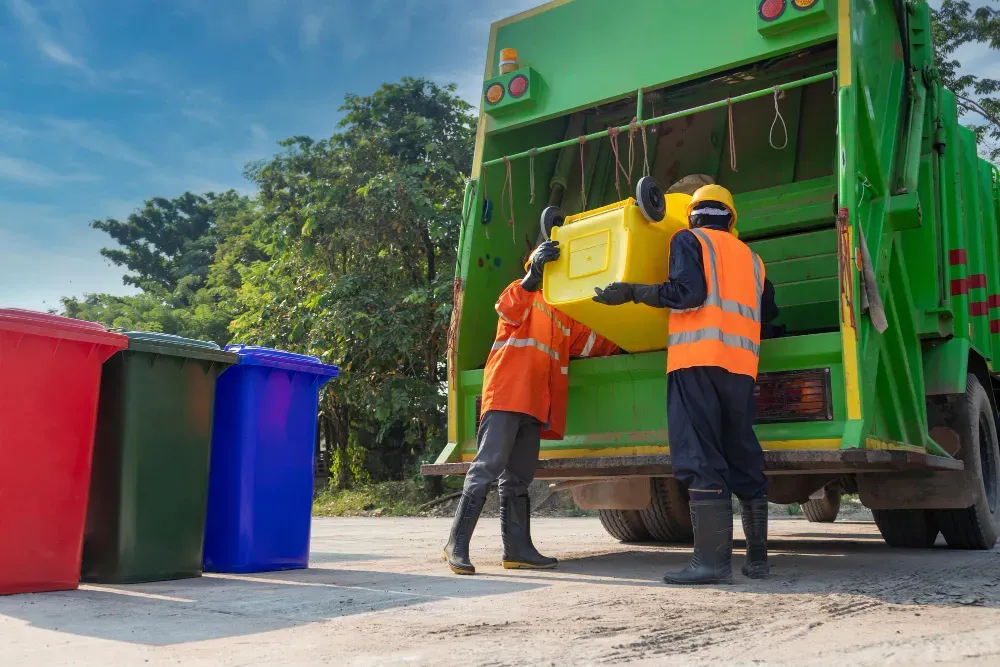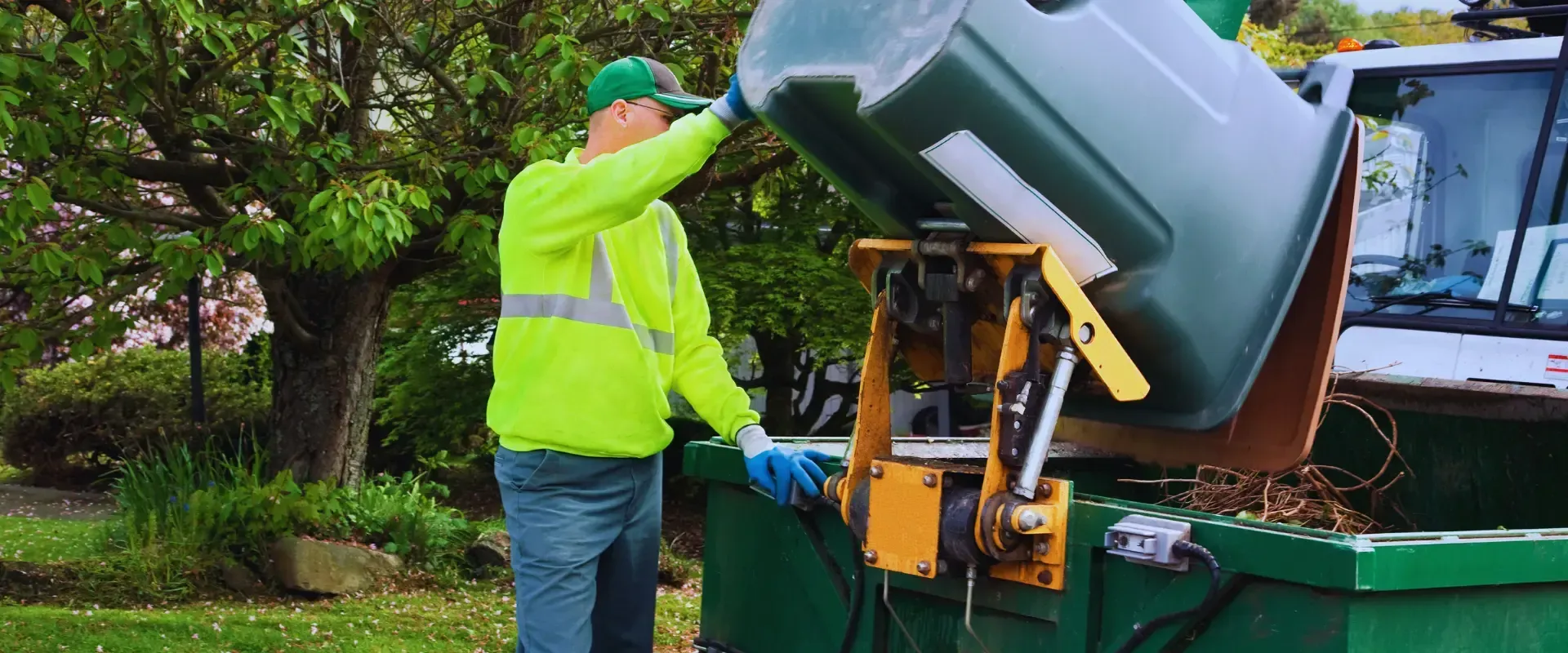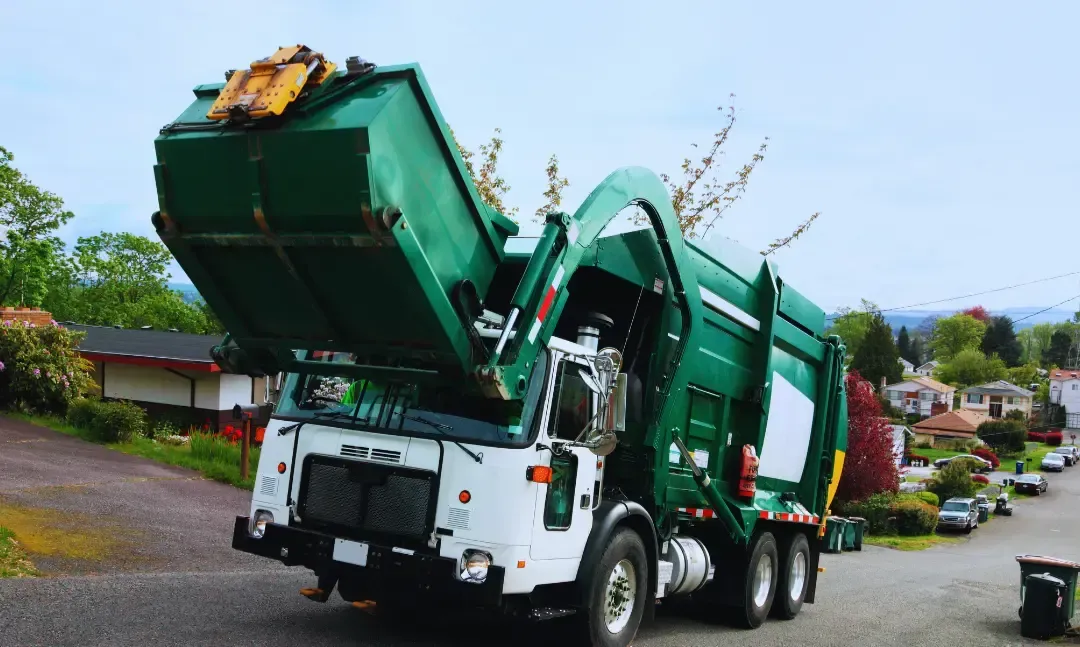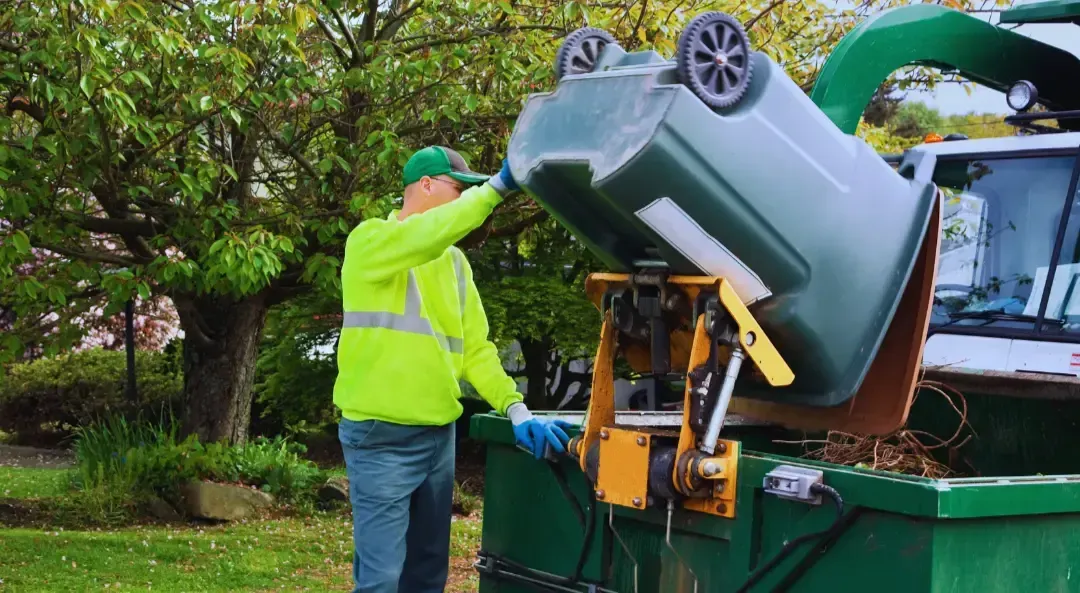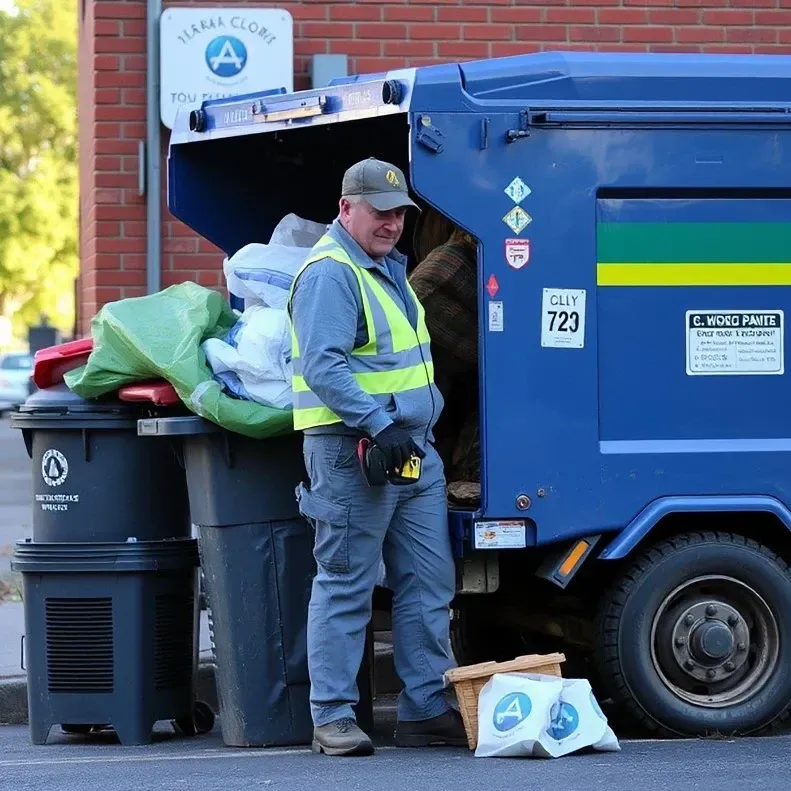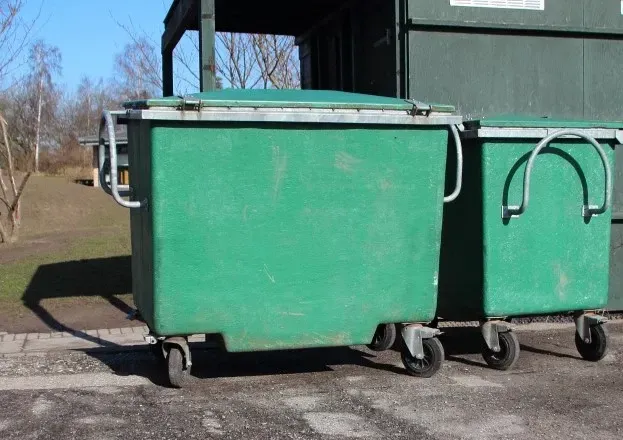Cleaning Up the World: The Importance of Effective Waste Management
Waste management plays a vital role in maintaining a clean and sustainable environment. As the world's population continues to grow and consumption levels rise, the proper management of waste becomes increasingly critical. Effective waste management not only ensures the cleanliness of our surroundings but also has far-reaching impacts on public health, resource conservation, and the preservation of natural ecosystems. In this article, we will delve into the importance of efficient waste management and explore the measures necessary to address this global challenge.
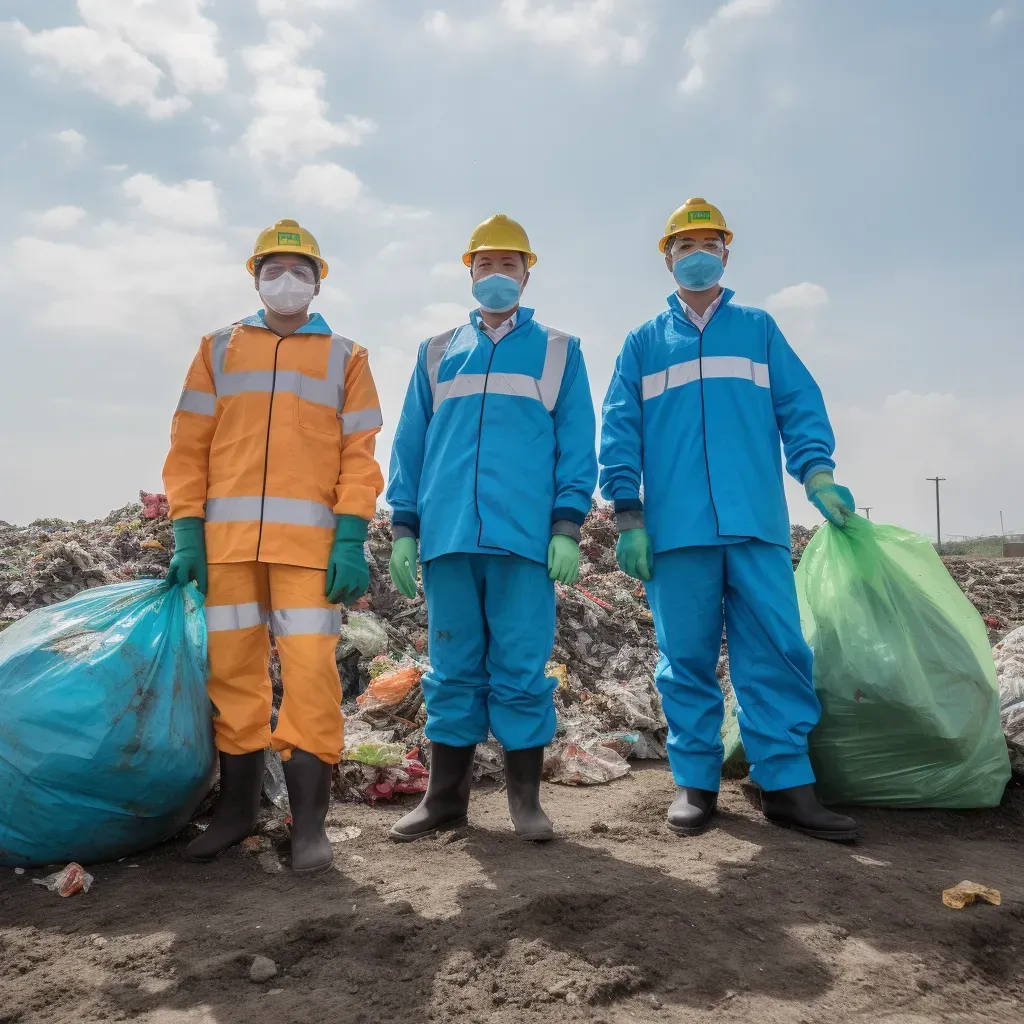
Waste Management Services
Floresville Waste Management provides comprehensive waste disposal solutions to meet the needs of both residential and commercial clients. Our reliable and efficient services help keep your property clean and clutter-free. Our key services include:
- Residential Trash Pick-Up: Enjoy hassle-free waste disposal with our regular residential trash pick-up service. We ensure timely and efficient collection of your household waste, keeping your home and neighborhood clean.
- Roll-Off Dumpster Rental: Perfect for construction projects, home renovations, and large cleanouts, our roll-off dumpster rental service offers convenient and flexible waste management solutions. We provide various sizes to suit your specific needs and ensure easy disposal of debris and large items.
- 8 Yard Dumpster: Our 8-yard dumpster service is ideal for medium-sized cleanups and commercial waste management. This dumpster size is perfect for handling larger volumes of waste without taking up too much space on your property.
The Environmental Impact of Poor Waste Management
Improper waste management poses significant environmental challenges. When waste is left unattended or disposed of improperly, it can contaminate soil, water bodies, and the air we breathe. Hazardous substances present in certain types of waste, such as chemicals and electronic waste, can leach into the soil and groundwater, causing long-term damage to ecosystems and endangering human health. The release of greenhouse gases from decomposing organic waste in landfills also contributes to climate change. By implementing effective waste management practices, we can mitigate these environmental risks and protect our planet.
Resource Conservation and Recycling
Effective waste management goes hand in hand with resource conservation and recycling efforts. Many items that end up in landfills, such as paper, plastic, glass, and metal, can be recycled and transformed into valuable resources. Recycling reduces the need for raw materials extraction, conserves energy, and minimizes the environmental impact associated with the production of new materials. By implementing recycling programs and promoting the use of recycled materials, we can reduce waste generation, conserve natural resources, and move towards a more sustainable and circular economy.
Public Health and Sanitation
Proper waste management is essential for maintaining public health and sanitation. Accumulation of waste can become a breeding ground for disease-carrying pests, such as rats and mosquitoes, leading to the spread of illnesses like dengue fever and cholera. Moreover, the improper disposal of medical waste and hazardous materials can pose severe health risks to communities and waste management workers. By implementing effective waste collection, segregation, and disposal systems, we can minimize public health hazards and create a cleaner and safer living environment for all.
Sustainable Waste Treatment Methods
In addition to recycling, sustainable waste treatment methods play a crucial role in effective waste management. Landfilling, the traditional method of waste disposal, has its limitations and can contribute to environmental pollution. Alternative methods such as composting, anaerobic digestion, and waste-to-energy technologies offer more sustainable solutions. Composting organic waste allows for the production of nutrient-rich soil amendments, while anaerobic digestion can generate biogas for energy production. Waste-to-energy technologies convert non-recyclable waste into heat or electricity, reducing reliance on fossil fuels. By adopting these sustainable waste treatment methods, we can minimize the volume of waste sent to landfills and maximize resource recovery.
Waste Reduction and Sustainable Consumption
At the core of effective waste management is waste reduction and sustainable consumption. By reducing our overall waste generation and making conscious choices as consumers, we can significantly lessen the burden on waste management systems. This can be achieved through initiatives such as waste reduction campaigns, promoting reusable products, and practicing responsible packaging. Encouraging sustainable consumption patterns and educating individuals about the impacts of their choices empowers them to make more environmentally conscious decisions and reduces the demand for disposable and single-use items.
Collaborative Efforts and Policy Support
Addressing the challenges of waste management requires collaborative efforts and policy support at all levels. Governments, businesses, communities, and individuals all play important roles in driving change. Governments can enact and enforce regulations that promote waste reduction, recycling, and sustainable waste management practices. Businesses can adopt environmentally friendly production methods, invest in recycling infrastructure, and support extended producer responsibility. Communities can actively participate in recycling programs, practice proper waste segregation, and engage in clean-up initiatives. As individuals, we can reduce our waste footprint, support recycling efforts, and advocate for sustainable waste management practices.
Conclusion
Effective waste management is crucial for maintaining a clean, healthy, and sustainable world. By implementing proper waste management practices, including recycling, resource conservation, sustainable waste treatment methods, waste reduction, and collaborative efforts, we can minimize environmental pollution, protect public health, and preserve natural resources. Each individual's contribution towards responsible waste management is significant and collectively paves the way for a cleaner and more sustainable future. Let us recognize the importance of effective waste management and work together to clean up the world.



